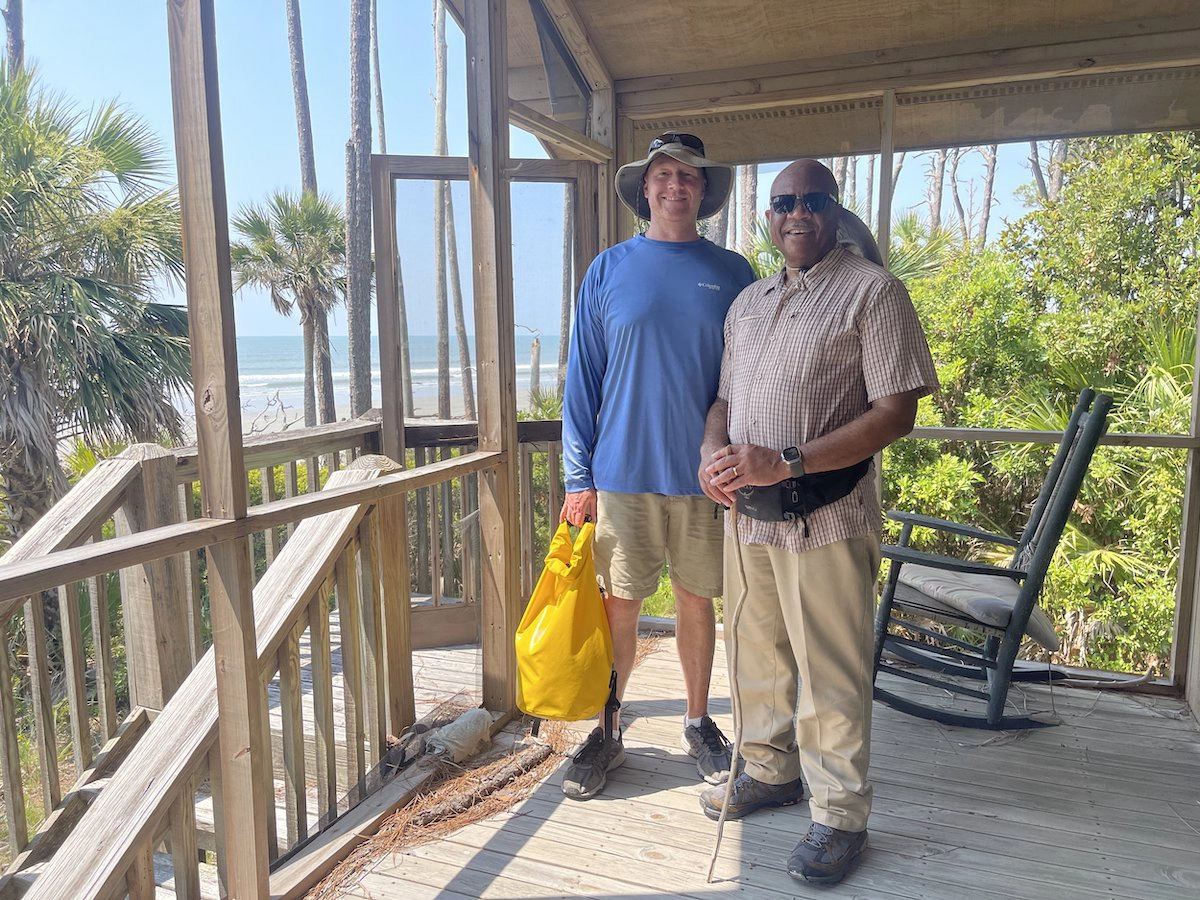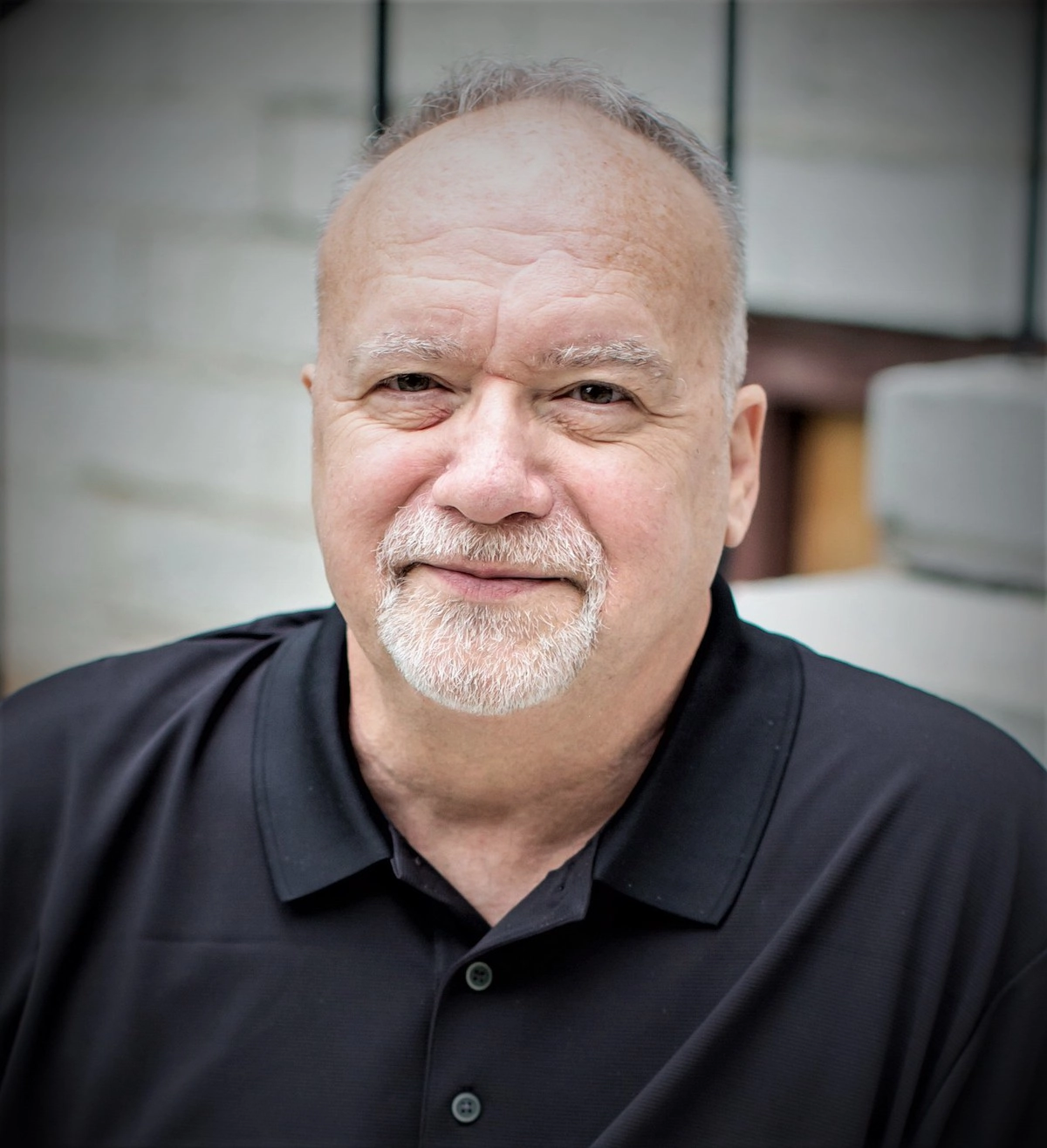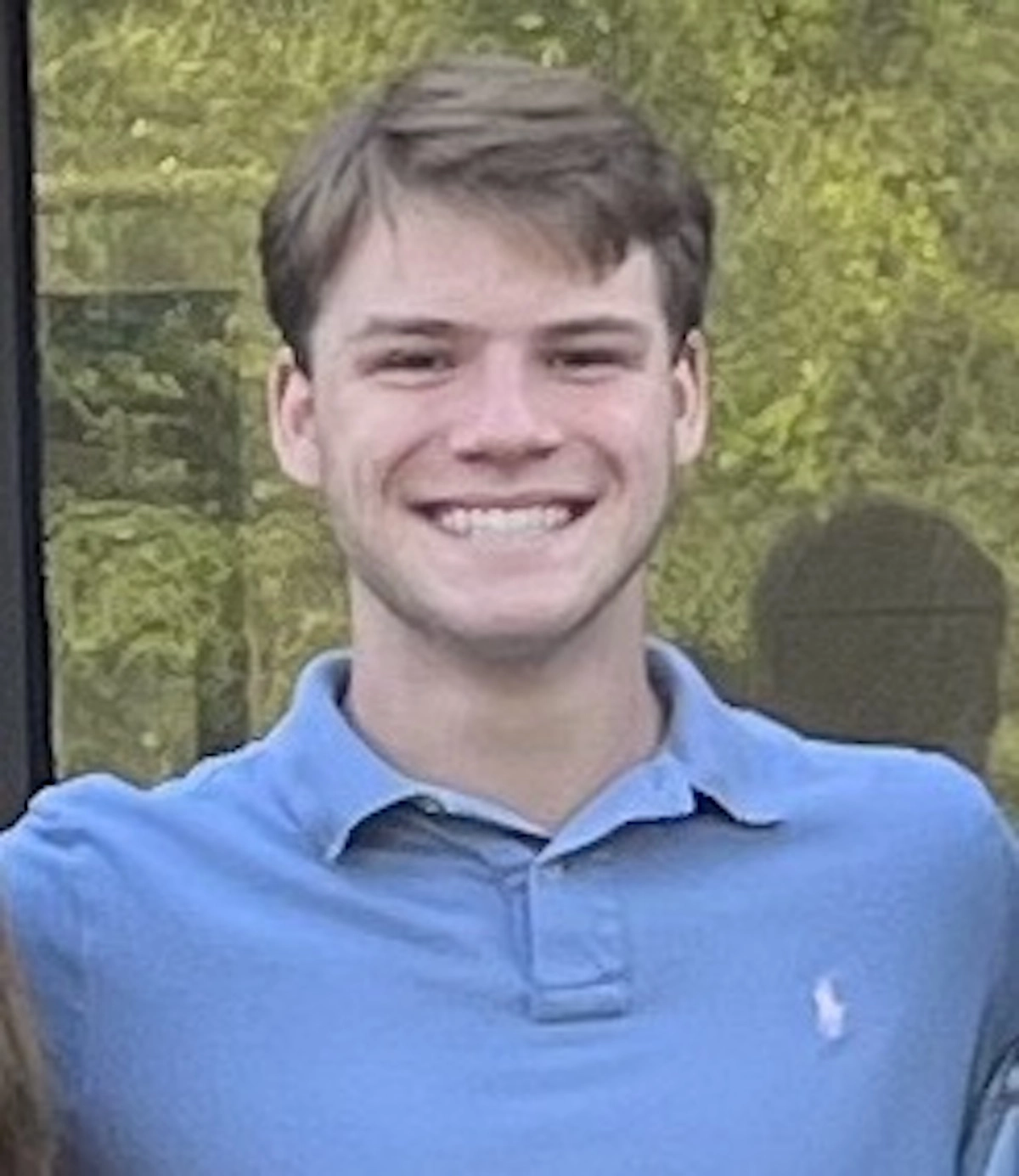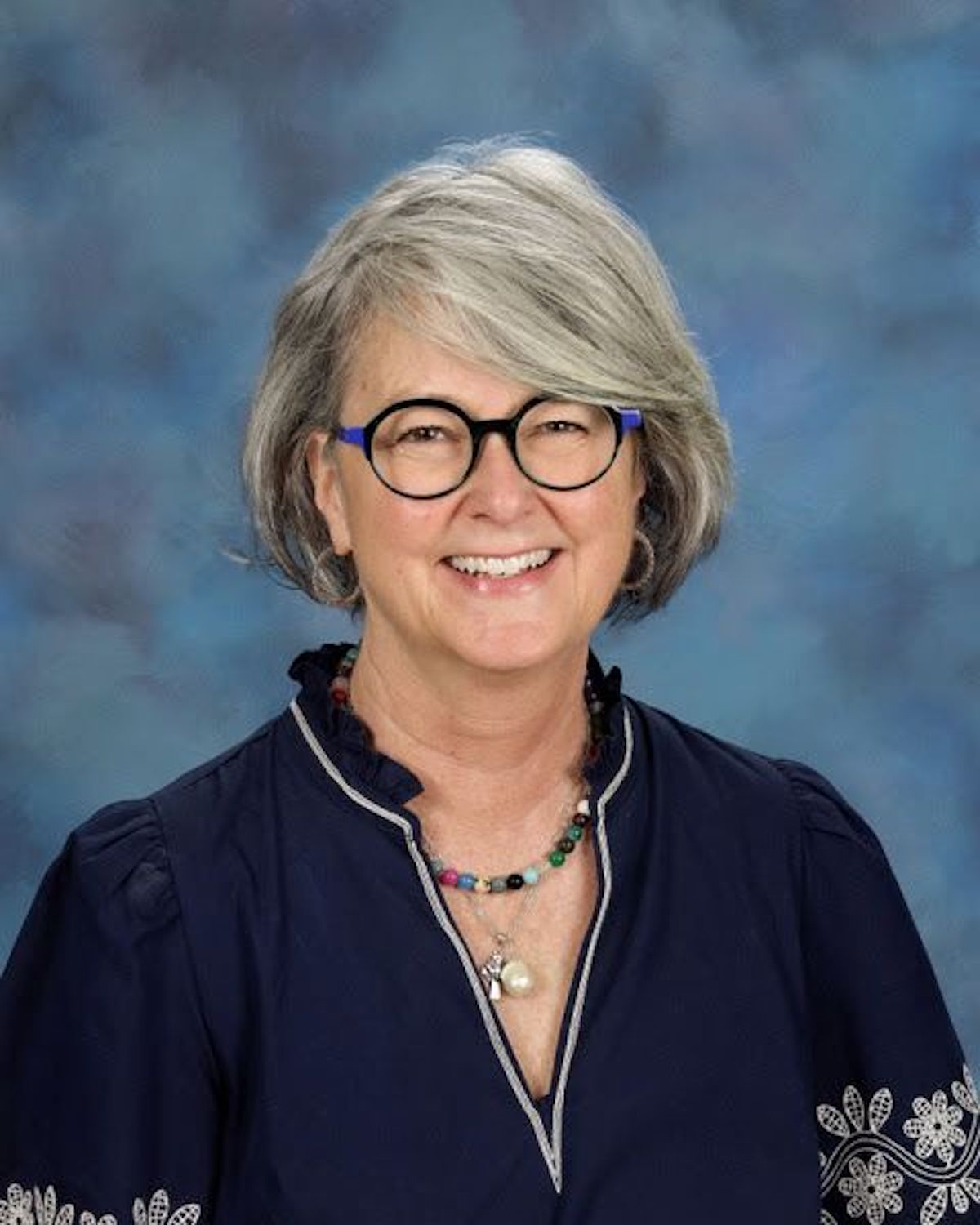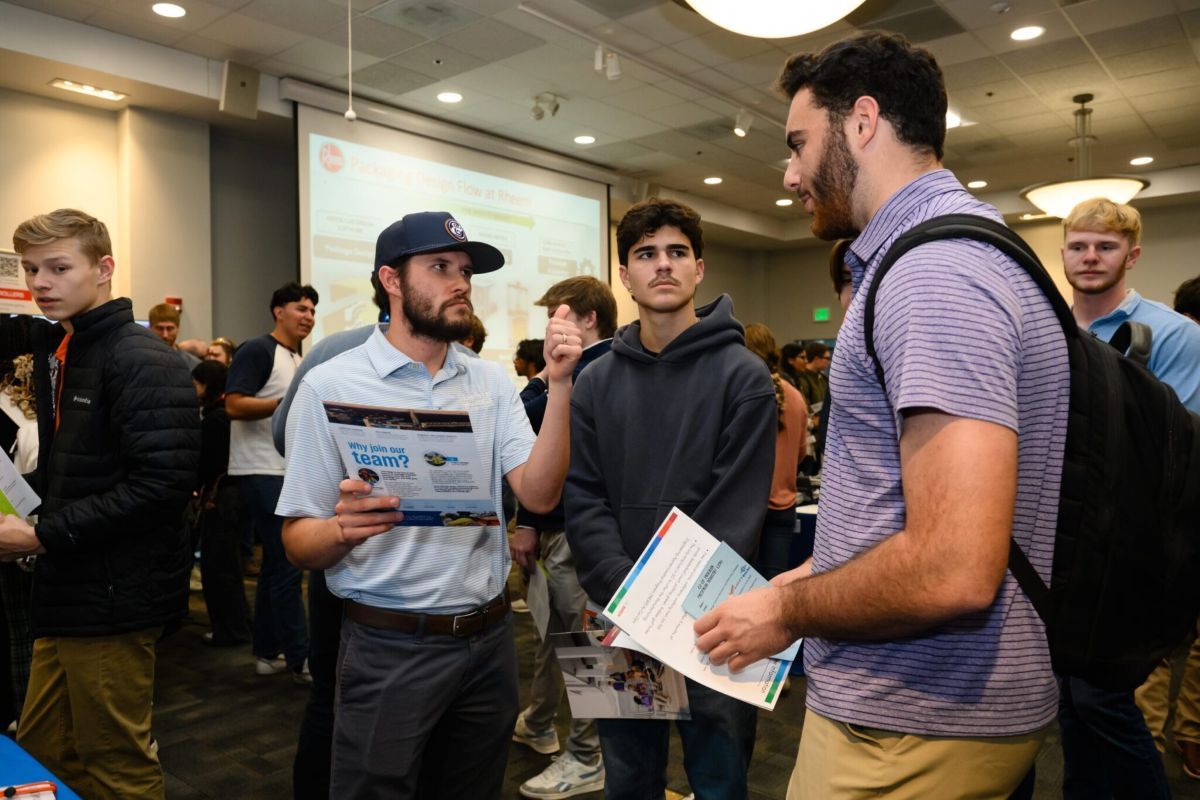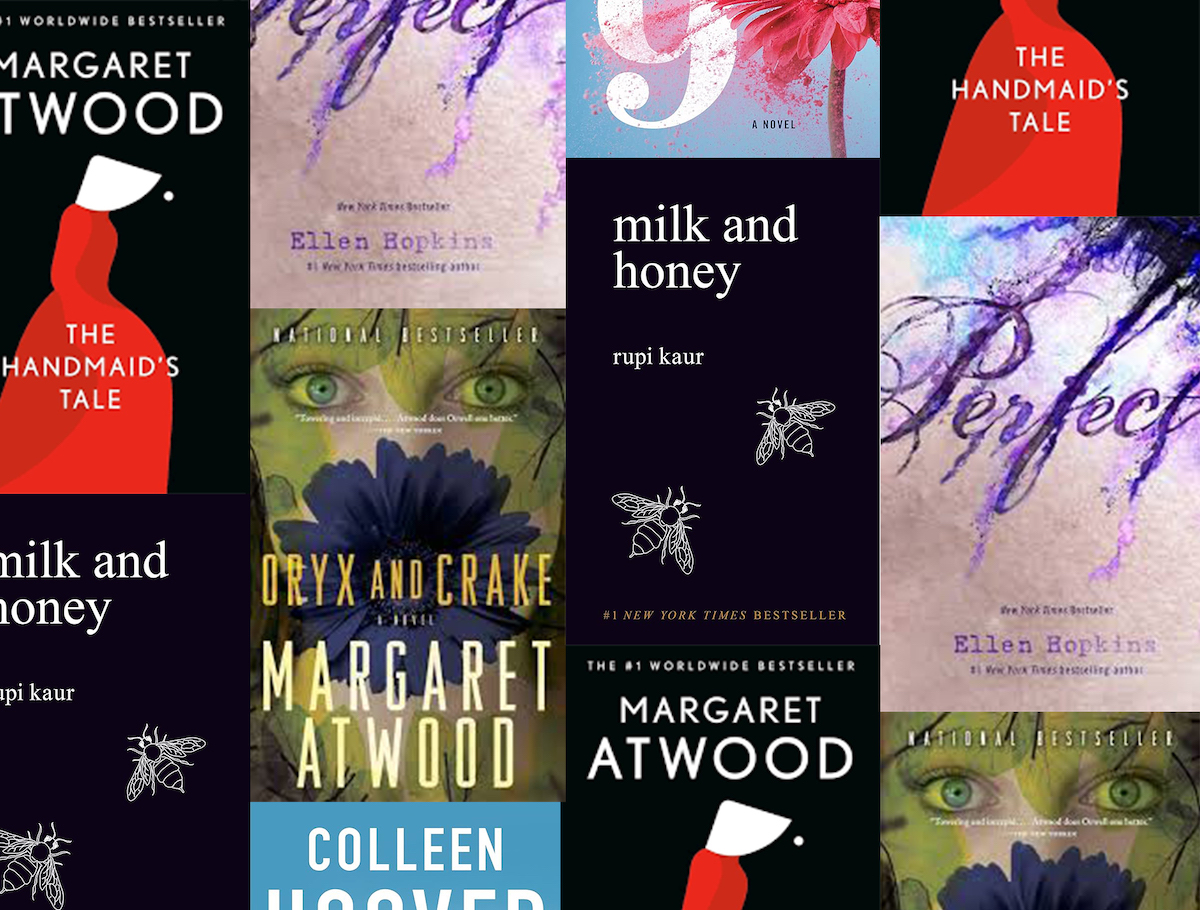New funding source reignites island’s significance
From staff reports
After a hiatus, Pritchards Island, a pristine barrier island off the coast of Beaufort County, is undergoing a remarkable renaissance. Faculty and students from the University of South Carolina Beaufort (USCB) are returning to conduct educational seminars and vital research on this ecological gem.
Once a thriving hub of scientific discovery, Pritchards Island fell out of favor as a research and education site for USCB for more than a decade due to funding challenges, erosion that destroyed a lab on the island, and logistical issues.
However, a newfound funding source has reignited the island’s significance to the university. USCB marine scientists and a dedicated group of enthusiastic students are thrilled to be once again focused on the 2.5-mile long island. This renaissance is a direct result of the S.C. legislature’s decision to include a half million dollars in recurring funding for the island in the state budget this year.
“We are grateful to our governor and elected state officials for recognizing the importance of scientific inquiry for higher education,” USCB Provost Eric Skipper said. “Pritchards will be a vital research hub for equipping the next generation of scientists to address rising sea levels, beach erosion, and other challenges.”
Pritchards Island is valuable as a living laboratory where faculty, visiting scientists, and students can study natural erosion patterns. Unlike Hilton Head Island and some other barrier islands, Pritchards Island does not receive beach renourishment, which is used to battle erosion. Shoreline erosion has occurred at a rapid pace on Pritchards Island over the last several decades.
This natural phenomenon has impacted the island and structures on it significantly. Philip Rhodes donated Pritchards Island to the University of South Carolina in the 1980s and additionally funded the construction of a marine laboratory on the island to assist with research and education efforts. The encroaching sea made the lab unsafe to use, and last year it was demolished.
The Rhodes family’s vision was to conserve the island, use it to educate the public, and provide research scientists the opportunity to better understand barrier islands. The recurring state funding of efforts by USCB will continue this vision well into the future, but any plans for the island will need to keep its shifting nature in mind.
Long-term goals for USCB’s science program on Pritchards Island include being effective stewards of the island; establishing an undergraduate research experience focused on barrier island biology, ecology, chemistry, and geomorphology; characterizing the differences between pristine and impacted barrier islands; identifying the impacts of environmental change on the coastal Lowcountry; and supporting the continued monitoring of loggerhead sea turlte nesting.
“Pritchards Island is an essential nesting ground for sea turtles, and research here is pivotal in helping us understand their nesting behaviors, migration patterns, and the threats they face,” said Kim Ritchie, Director of USCB’s Prtichards Island Research Program and Associate Professor of Genetics and Prokaryotic Cell Biology.
In addition to Ritchie, USCB faculty involved with Pritchards Island include Joe Staton, Mercer R. Brugler, and Tye Pettay, all marine biologists’ with wide-ranging research interests. They are assisted by undergraduate research assistants. The research agenda being developed for Pritchards Island is diverse and multifaceted, encompassing studies on coastal erosion, marine life populations, and the island’s ecological health. Students and faculty will work in tandem to document the island’s evolving ecosystem, tracking changes in plant and animal populations, and monitoring the impact of climate change on this fragile coastal environment.
Ongoing protection efforts and research studies involving nesting loggerhead sea turtles will continue. These efforts are led by community volunteers supervised by the S.C. Department of Natural Resources. USCB plans to engage students to help them.
How you can help
The South Carolina Legislature’s approval of $500,000 of recurring state appropriations toward the establishment and maintenance of a Pritchards Island Research Program will support hiring a full-time postdoctoral fellow and a full-time field/lab technician, scholarships for students, summer housing for students, research supplies, travel to and from the island, marketing materials, and salaries for students and researchers.
However, additional money is needed to buy a larger research/education boat, a small research boat, a passenger van to transport students and researchers, and additional laboratory and field equipment.
USCB has established a donor fund to fill these needs. For more information about the fund, visit USCB.edu/pritchardsisland or contact Tim Daniels, USCB Assistant Vice-Chancellor for Development and Alumni Relations, at tdaniels@uscb.edu.
Pritchards Island educational and art installation
A new educational installation and art exhibit at the USCB Center for the Arts in Beaufort — on view through Monday, October 2 — highlights the historic significance of Pritchards Island and its importance for environmental and scientific discovery in the past, present and future. The exhibit features work by more than 30 artists from a USCB and Beaufort Arts Council artist-in-residence program in the early 2000s.
Many notable local artists from Beaufort County are represented in the collection, including Susan Graber, Cabel Heward, Weezie Gibson, Susan Deloach, Melba Cooper and Nan Kresch. Through archival photographs and curated quotes from people who spent significant time on the island, the installation provides insight into the island’s evolution. The installation is open from 8 a.m. to 6 p.m., Monday through Friday and weekends during performances. Admission is free.

